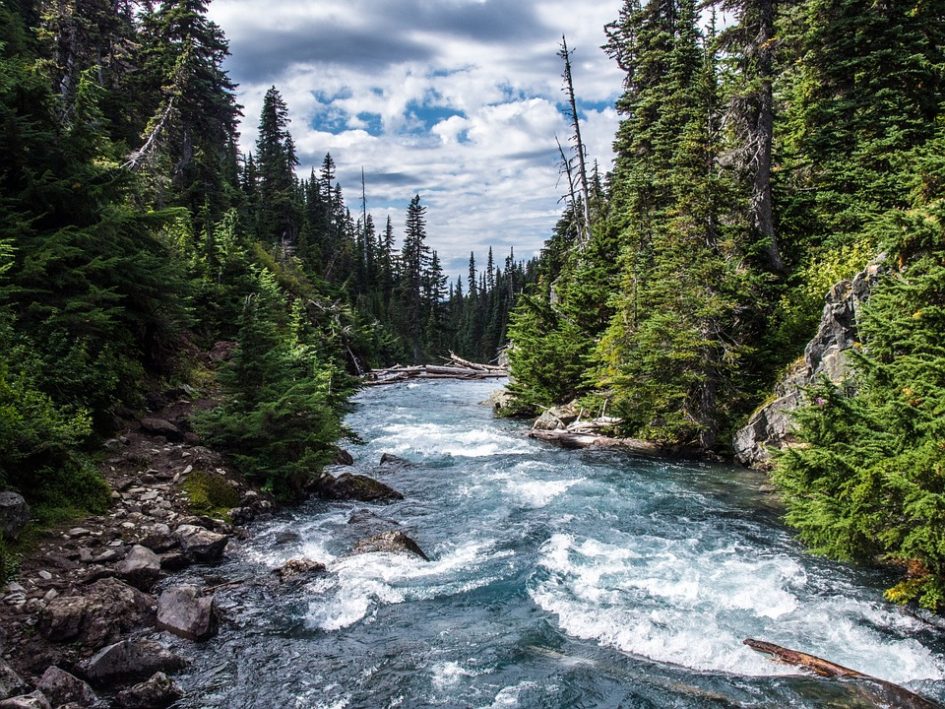Interns for Kulan reintroduction in Kazakhstan 2019/20
When: from early October 2019 until possibly as long as March 2020 with a Christmas / New Year break in between
What can you expect: First-hand experience with wild Asiatic wild asses (“kulan” Equus hemionus) in the acclimatization enclosure. We need you to do daily health and body score checks and provide basic veterinary support of kulan in the adaptation enclosure on the Torgai steppe. The animals will be held there in two large adaptation enclosures for up to 4 months. While in Kazakhstan, you will learn about ACBK conservation and research activities (https://www.facebook.com/acbk.eng/). Possibility for own research project on veterinary or behavioral aspects of kulan (to be developed).
Living conditions: The reintroduction site is located in the Torgai steppe – one of the largest remaining stretches of near-pristine steppe environment – which is home to a charismatic fauna including the world’s largest Saiga antelope population. At the reintroduction site there is a field station with kitchen, sleeping, and sanitary facilities (Russian banja) and a simple laboratory. The station is staffed by a minimum of two care takers year-round and has solar power and satellite telephone connection. The closest bigger town, Torgai, is ~130 km away. We are aiming for two interns staying at the field station together.
What do we expect: Biology, conservation or veterinary training, “Adventure spirit” – Interest to live and work in a remote wilderness setting off the beaten track, ability to improvise, love of nature and winter conditions, curiosity and tolerance towards a different culture, social skills to share life and space in a cabin with others, and communication skills to keep us informed about developments at the field site. Russian or Kazakh language skills will be a HUGE plus!
For more information see: http://www.nina.no/english/Research/KULANSTEP
Contacts:
Petra Kaczensky (petra.kaczensky@nina.no), NINA, Norway,
John Linnell (john.linnell@nina.no), NINA, Norway
Chris Walzer (Chris.Walzer@vetmeduni.ac.at), Research Institute of Wildlife Ecology, University of Veterinary Medicine, Vienna, Austria

